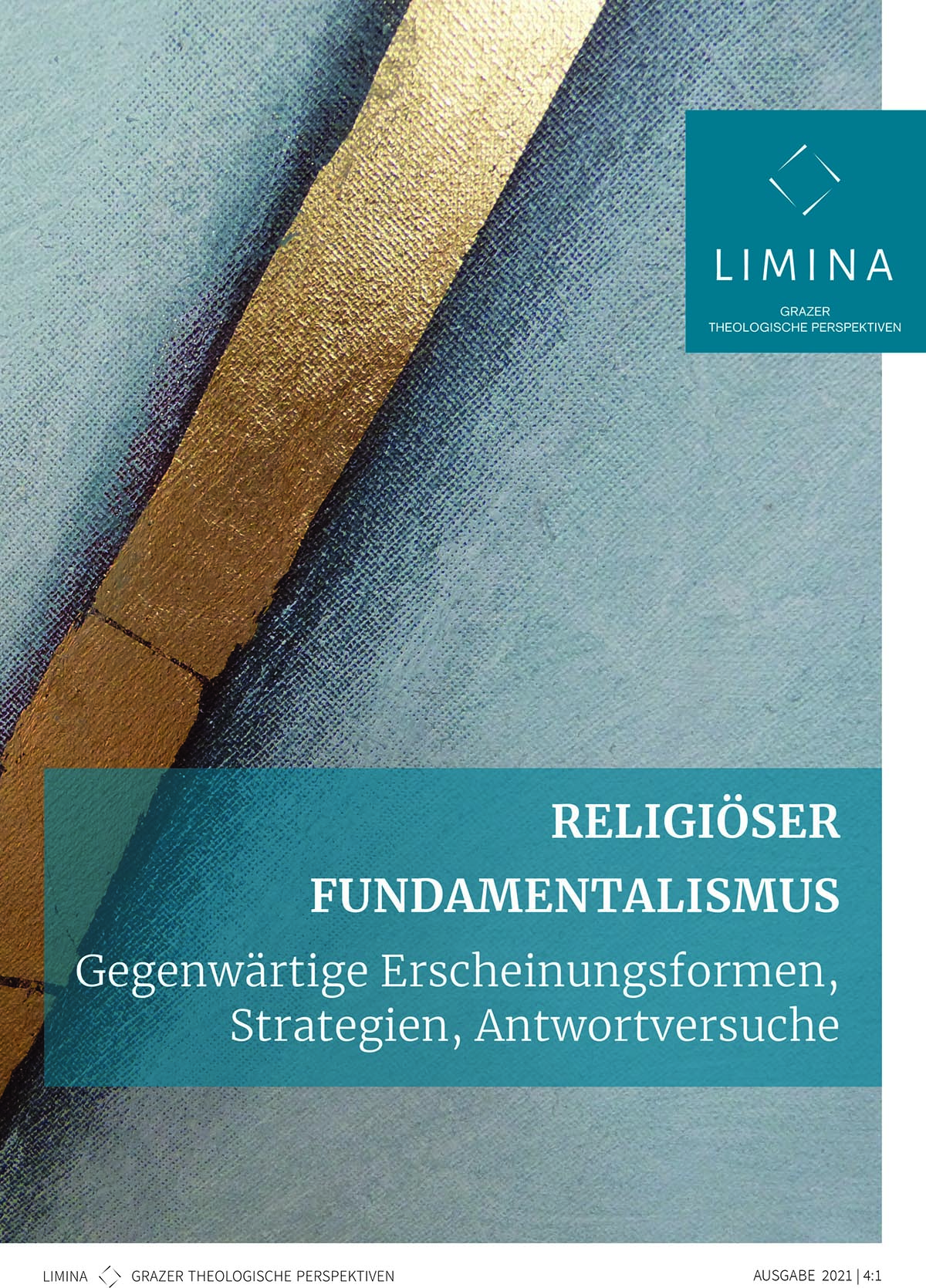Antimodernism as authoritarianism? Leveraging socio-psychological categories of analysis for theological fundamentalism research
Main Article Content
Abstract
There appears to be a strong link between fundamentalist religious styles, which are characterised by preconciliar-antimodernist and traditionalist devotional practices within the spectrum of Catholicism, and explicitly group-specific misanthropy. This observation suggests a potential commonality of psychological predispositions underlying both political and religious attitudes that merits investigation. It also suggests that socio-psychological categories of analysis can
be fruitfully leveraged for theological fundamentalism research.
This article firstly provides a review of key research on the ambivalence of religiosity and the link between religious styles and biases as well as authoritarianism from a predominantly socio-psychological perspective. In a second step, these socio-psychological categories are applied in an analysis of right-wing Catholic protests against the inclusion of indigenous representatives in the opening ceremony of the Amazon synod in 2019. This will shed light on authoritarian and ethnocentric beliefs that are being justified by religious exclusivism, punitive concepts of God and corresponding eschatological worldviews. The Church’s internal conflicts surrounding the reforms of the Second Vatican Council, as studied through a socio-psychological lens, can be described as a ‘clash’ between different – more progressive and less complex – religious approaches.
Article Details
The author(s) retain copyright without any restriction.
LIMINA provides immediately upon publication open access to its content. The content of this journal is licensed under the Creative Commons Attribution 4.0 International Licence. By submitting a contribution, the author(s) agree(s) to the terms of use of the CC BY licence.

